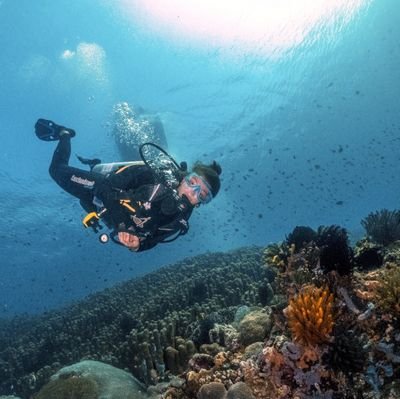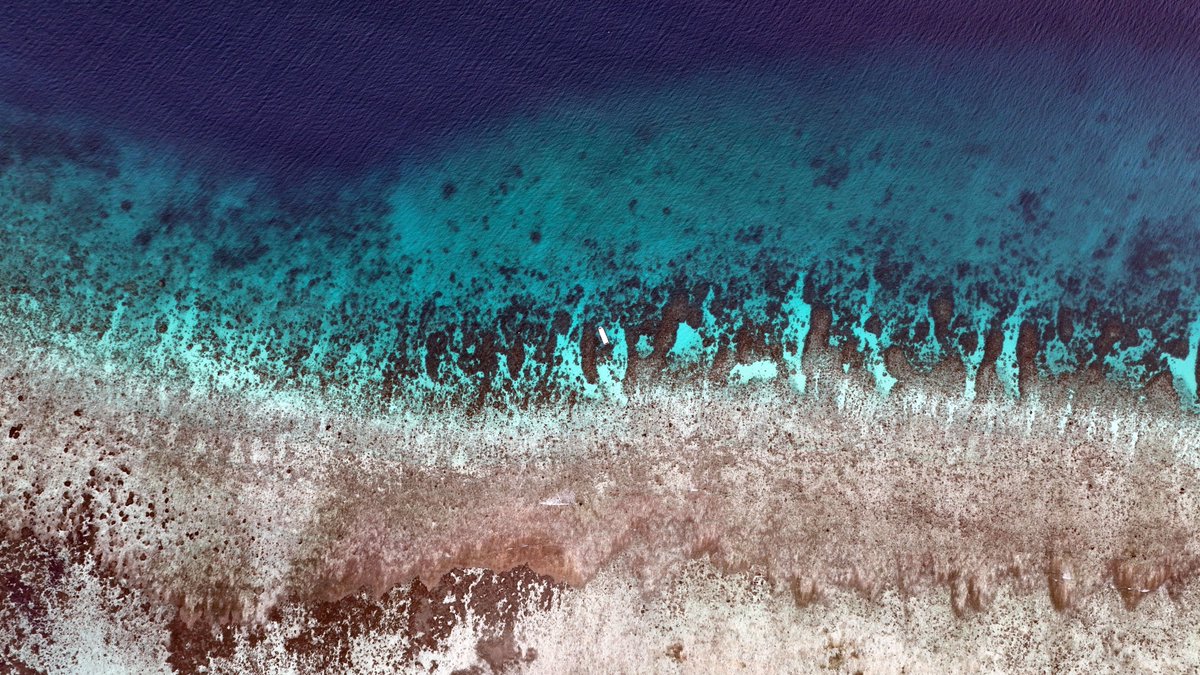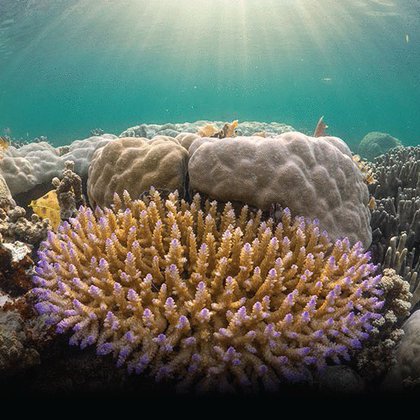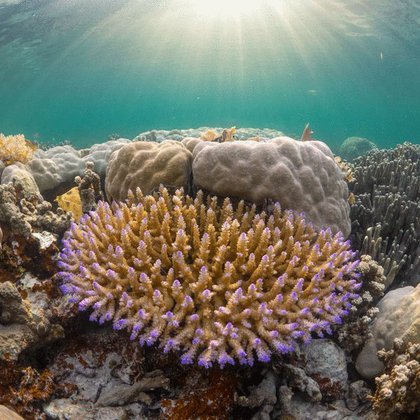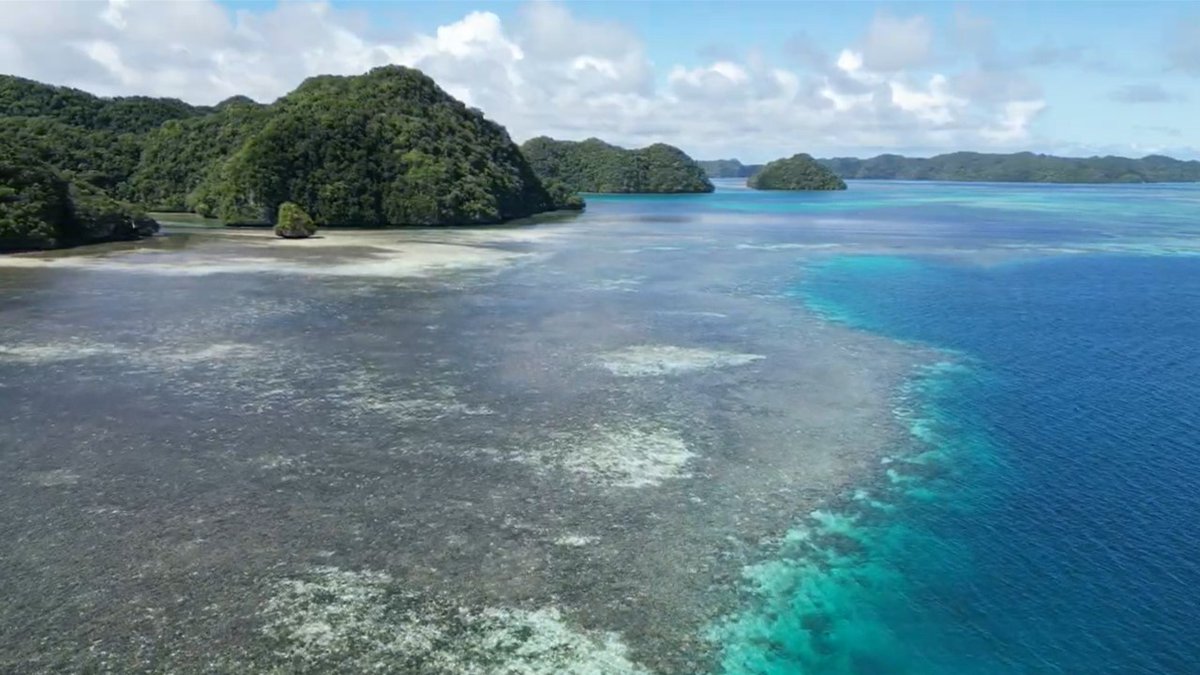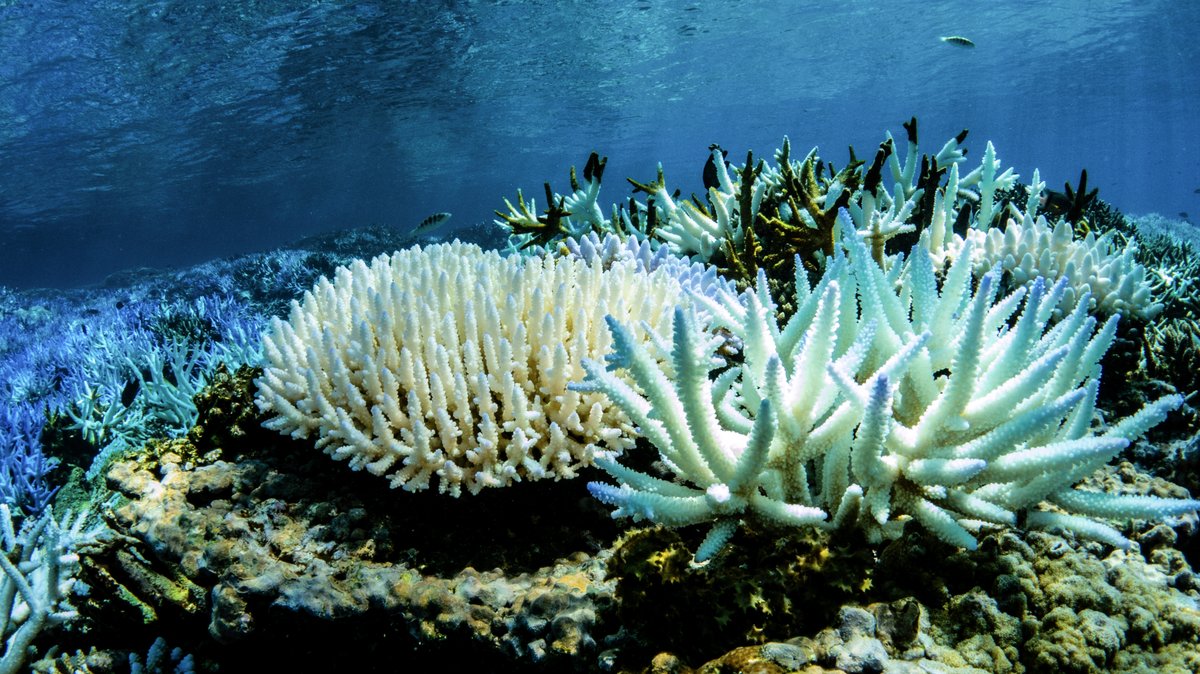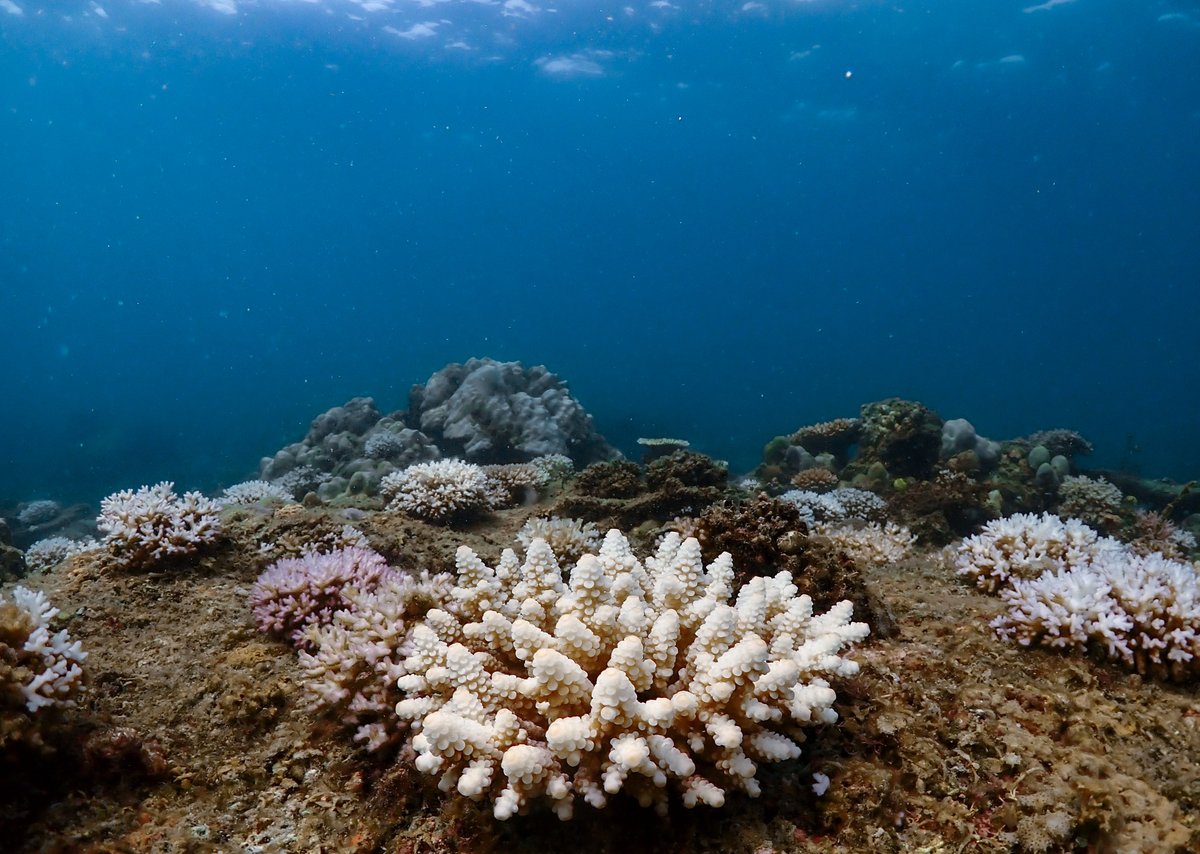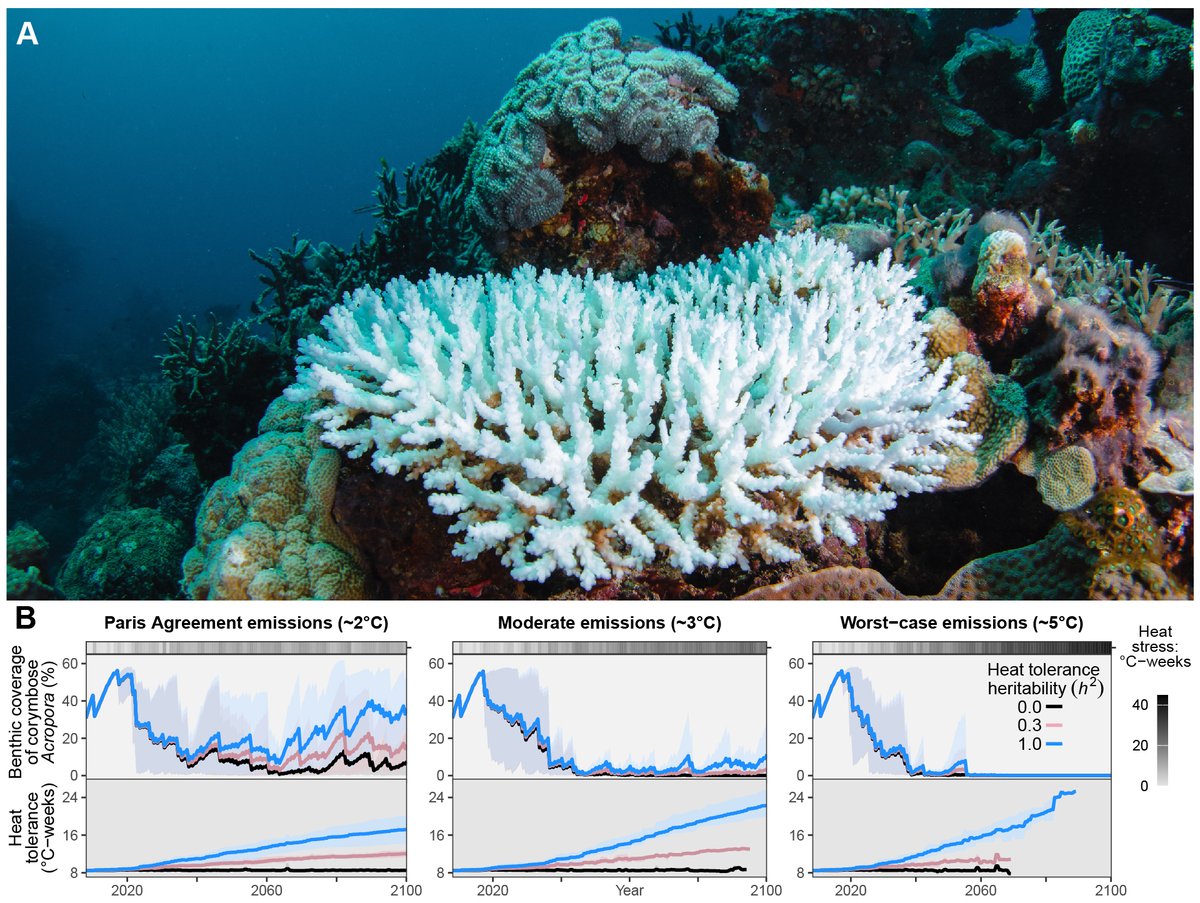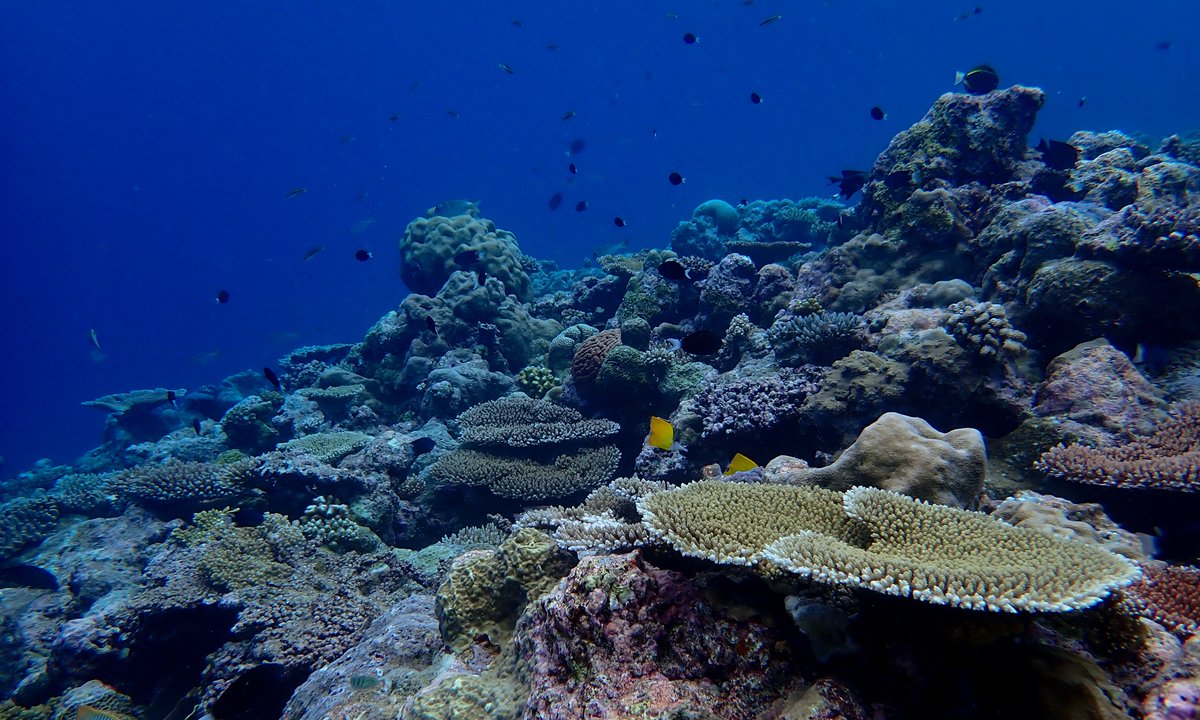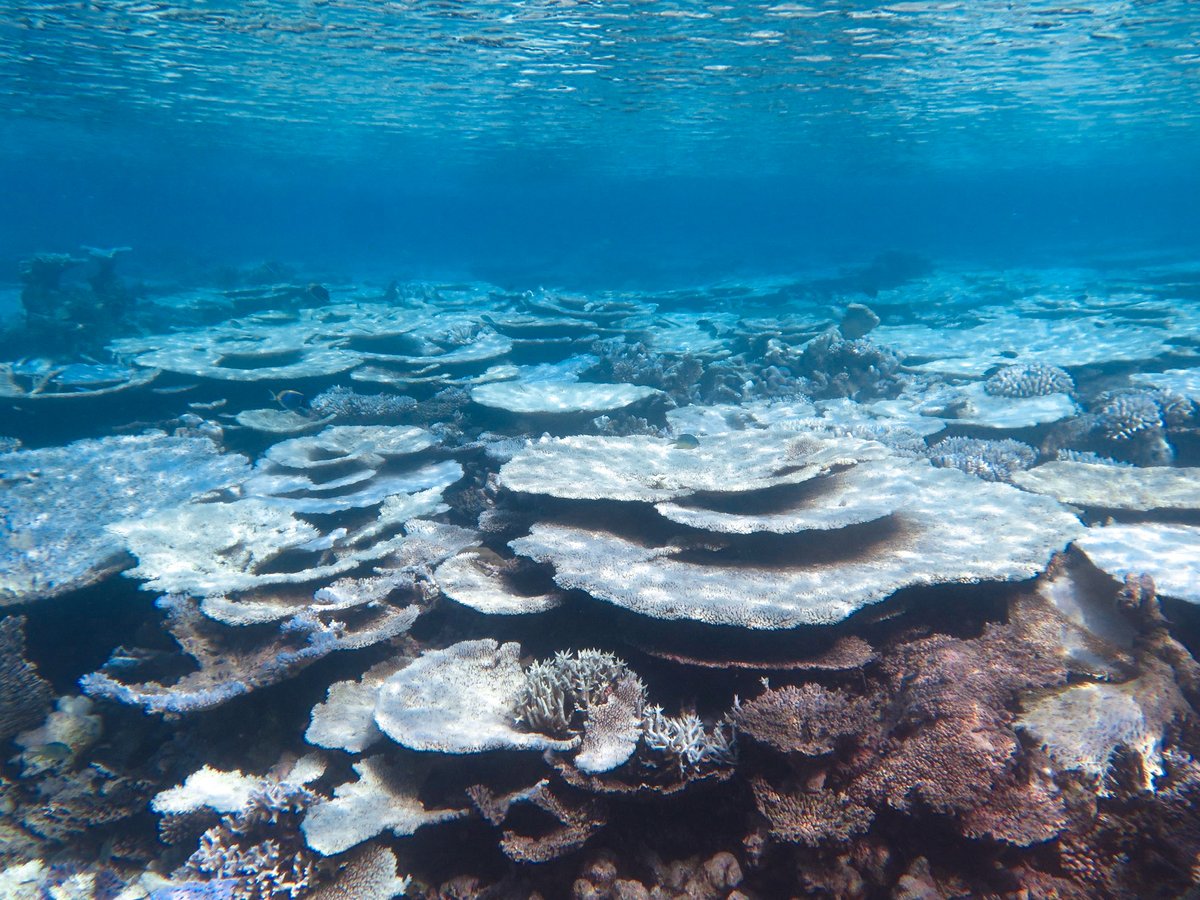
Liam Lachs
@LiamLachs
Followers
1K
Following
976
Media
196
Statuses
738
climate change ecology & evolution, coral reefs, ecosystem modeling, population dynamics, advocate for sustainable oceans through sci comm action
Newcastle, United Kingdom
Joined August 2018
RT @aims_gov_au: Finding a forever home – new model developed by @aims_gov_au and @uwanews @uwaoceans shows multiple factors at play in cor….
0
9
0
Awesome work from @gretsea!!!!.
Finally out on @SpringerCORE with my geology-oceanography-ecology hybrid paper. Ready to dig deeper into this approach over the next few years of PhD with @petemumby @UQscience @PICRCPalau .The best is yet to come!.
0
1
5
RT @adriana_humanes: Watch our new video showcasing the collaborative project between @PICRCPalau and @Coralassist_Lab on climate-smart man….
0
7
0
RT @petemumby: Allee effects require corals to lie within a few metres of their neighbours to achieve successful fertilisation. https://t.c….
0
26
0
Delighted to see our paper out in @ScienceMagazine today. And congrats for the amazing picture @jr_guest!. @SciencesNCL .@UQscience.
science.org
Highlights from the Science family of journals
1
5
14
Wednesday in Tulum:. @jr_guest at 11.30am on a 5- year selective breeding trial. & myself at 12.00pm on natural adaptation and importance of which trait we choose for breeding
0
1
1
Can we selectively breed Acropora corals for heat tolerance?. Two upcoming @Coralassist_Lab talks on adaptation & breeding @CoralConsortium #ReefFutures. Feasibility & lessons learned from Pacific context given our 2 new papers:.
science.org
Marine heatwaves are intensifying under climate change, exposing populations of reef-building corals to mass mortality and intense selective pressure. It remains unknown whether adaptation can keep...
1
7
21
Thanks to all the other supportive groups & institutions helping fuel ideas in our field: @PICRCPalau @aims_gov_au @SciencesNCL @ecology_ncl @Coralassist_Lab @UQscience @UBCoceans @SCU_Australia . (12/12)
2
2
8
Thanks for supporting this work: @UKRI_News @NERCscience @ONEPlanetDTP @ERC_Research @MitacsCanada @RGS_IBG @ICRSCoralReefs @IDEAWILD. Coauthors: YM Bozec, J Bythell, @simondonner @HK_East AJ Edwards @golbuu @MarineGouezo @jr_guest @adriana_humanes C Riginos & @petemumby. (11/12)
1
2
6
Our thoughts at @ConversationUK: The full paper in @ScienceMagazine: Open access accepted version: (2/12).
science.org
Marine heatwaves are intensifying under climate change, exposing populations of reef-building corals to mass mortality and intense selective pressure. It remains unknown whether adaptation can keep...
2
7
13
📢New Paper Alert📢. on corals and climate change in @ScienceMagazine . Adaptation via natural selection could determine whether Acroporacorals persist under expected levels of global warming. Hyperlinks & explainer thread below ⬇️. (1/12)
3
29
76

